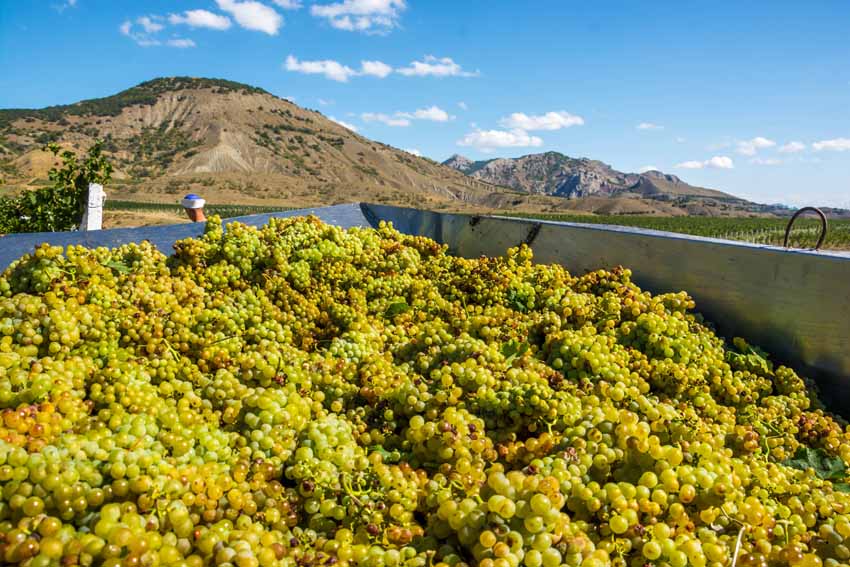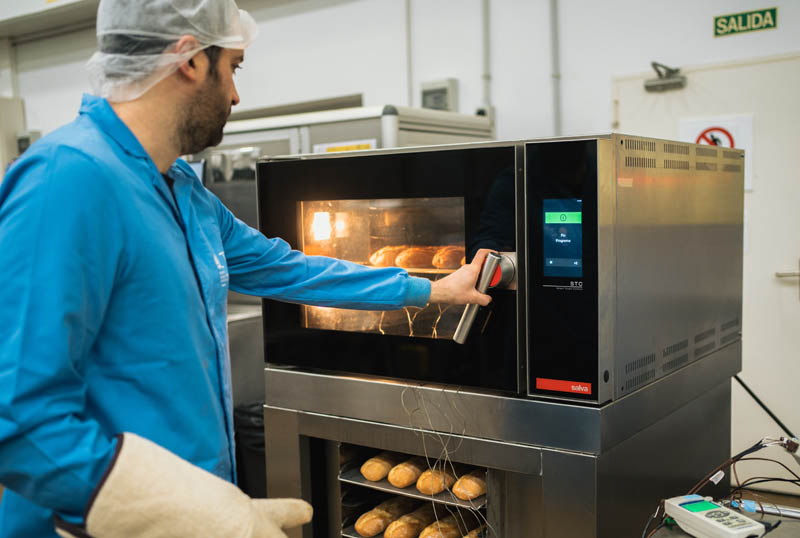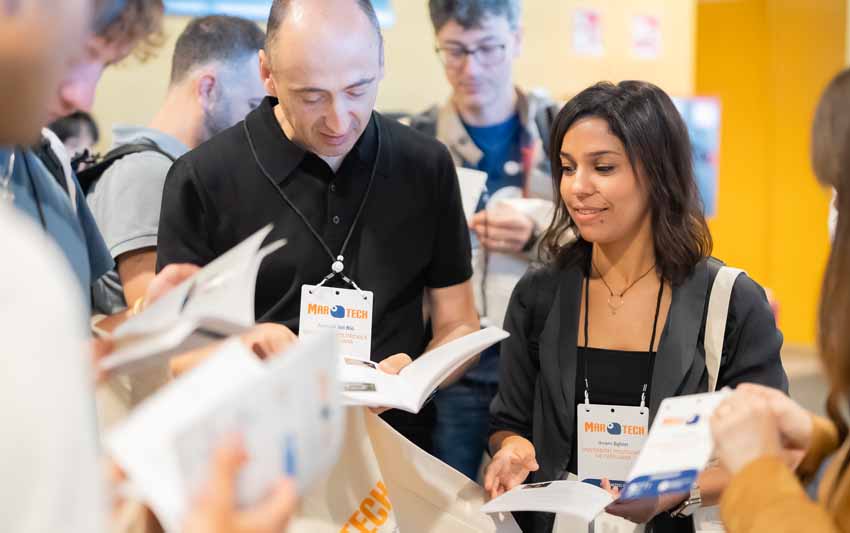Bermeo Tuna World Capital, a global initiative that fosters good practices and sustainability in the tuna sector, has emerged
Últimas noticias
Una mirada LGTBIQ+ al reino animal
Circular Economy in Action: Valorisation of By-products through Projects like PRIMA NEWFEED
Strategic Perspectives: Highlights from the Food4Future World Summit for Business Leaders
- The Capital arises from a public-private alliance that seeks to involve all the key players in the tuna value chain in Bermeo, the Basque Country and the world.
- It is a commitment to science for the sustainability, knowledge and economic and social development of Bermeo.
Bermeo, 18th May 2018. Bermeo Tuna World Capital, an association whose challenge is to foster the sustainable management of tuna through knowledge and leadership of good practices at a global level, was presented this morning.
The result is a public-private alliance that seeks to involve all the key players in the tuna value chain in Bermeo, the Basque Country and the world. To date, the initiative has been joined by the Freezer Tuna Seiner Associations (ANABAC and OPAGAC); the Fishermen’s Guild of Bermeo; various canneries (Salica, Serrats, Arroyabe and Zallo); the AZTI technology centre, as well as Bermeo Town Hall, the Provincial Council of Bizkaia and the Basque Government.
The Capital seeks to foster collaboration between science and fishing, knowledge, training and innovation, and the recovery, management and dissemination of the historical heritage. Furthermore, this initiative aims to foster the economic and social development of Bermeo.
Bermeo leads this cause due to its tradition and history, the social and economic impact of the tuna and canning sector and the fact that it is a world benchmark in sustainable fishing best practices. It has a freezer tuna seiner sector comprising 50 vessels plus a further 25 coastal vessels with sustainable fishing systems and albacore tuna fishery certified by MSC. It is also the headquarters for many canning firms, as well as capital goods technological companies. It is also a leading sector worldwide, as it represents 10% of the world’s catches of tropical tuna, generating 1.250 billion euros in the tuna value chain. Almost 95% of the final product of the world’s most modern and innovative tuna seiners is made in the Basque Country. This creates more than 6,000 direct and indirect jobs, from design and engineering to the different construction phases.
The cause: the sustainable management of tuna
There are many reasons why the members have joined forces in this cause.Due to the expected increase in the world population and climate change, among other factors, world per capita consumption of fish will increase (x4) and it will be difficult to meet the demand given that most natural marine resources are at their maximum sustainable yield.
Tuna is a natural and healthy source of protein; it is a staple in human nutrition and should be protected for future generations. Furthermore, keeping the oceans clean and boasting sustainable fishery resources is an obligation. For this reason, it is essential to lead a movement that fosters good practices in relation to this scarce resource.
Among the initiatives that are already underway, the collaboration of the GREAT TUNA RACE in albacore tuna tagging in the Bay of Biscay, the cleaning up of plastic in our seas and the world’s oceans, a World Congress on tuna gastronomy and the configuration of a cultural, gastronomic, ethnographic and environmental tourist offer based on tuna can be highlighted.







